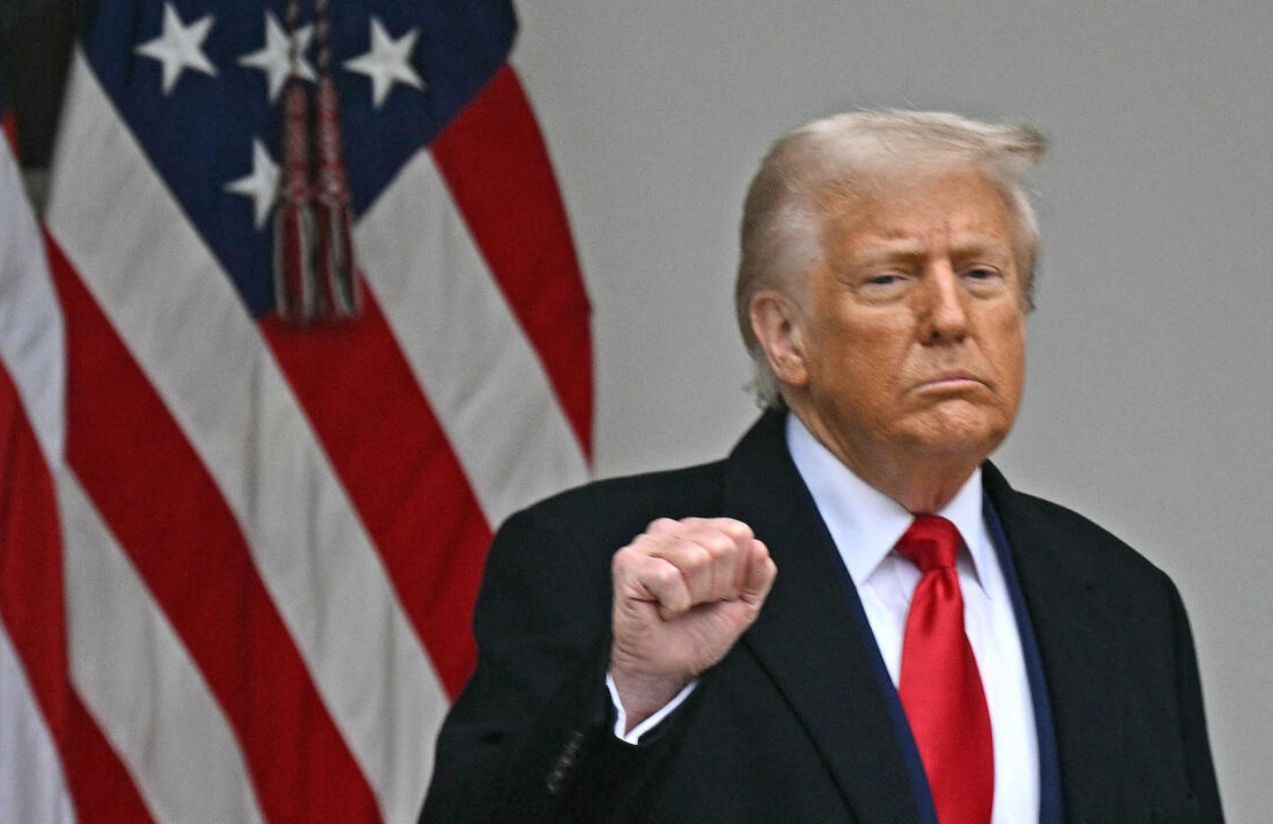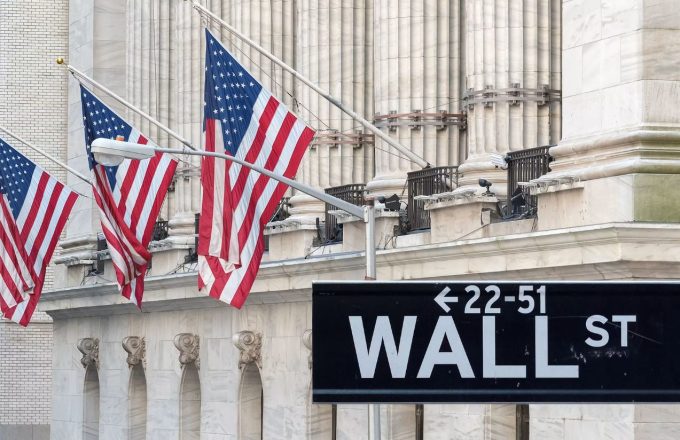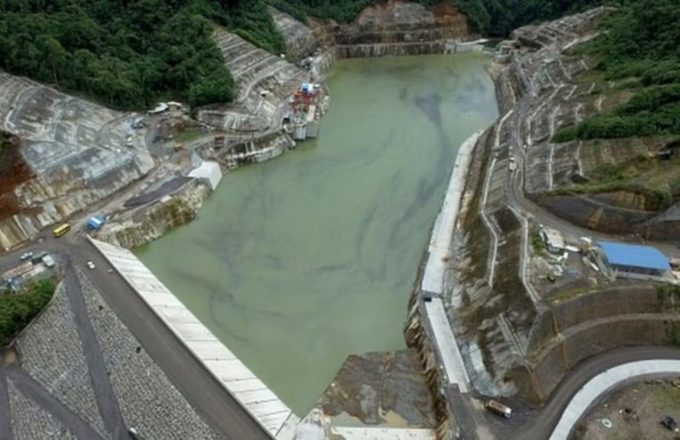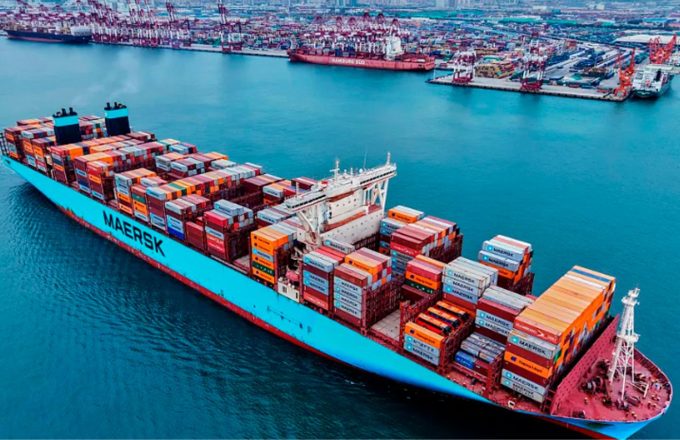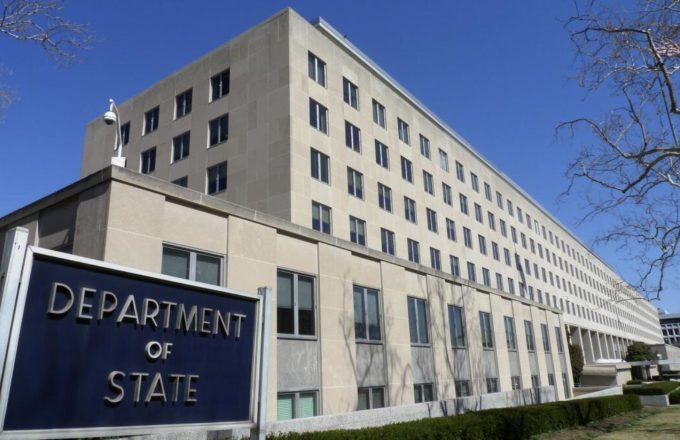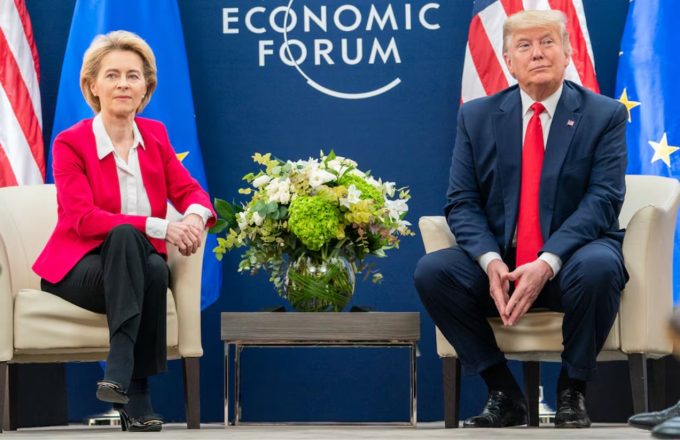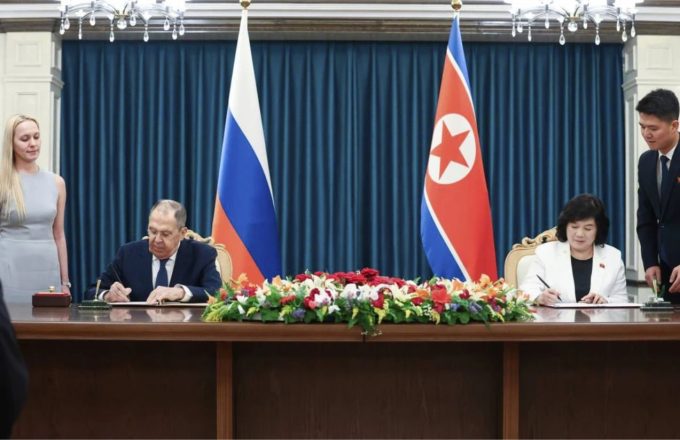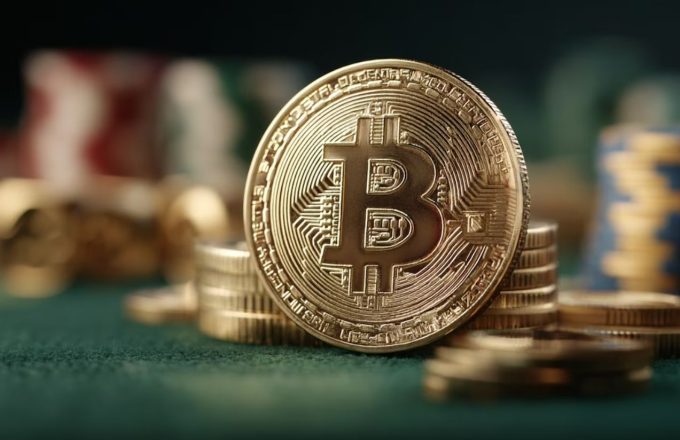Over the weekend, Donald Trump spent his time playing golf, reading economic reports, and speaking with foreign leaders and tech investors who voiced their concerns about the global impact of the reciprocal tariffs his administration imposed on all exports to the United States.
Yesterday afternoon, while returning from West Palm Beach to Andrews Air Force Base in Maryland aboard Air Force One, Trump agreed to speak with the journalists traveling with him. Smiling broadly, he revealed that he had won a golf tournament held at his Florida resort.
In just 48 hours — last Thursday and Friday — Wall Street lost $6.9 trillion in market value.
The Dow Jones Industrial Average dropped more than 3,000 points (7.9%), the Nasdaq — home to tech companies — plunged 10%, and the S&P 500 fell by 9.1%.
Early this morning (Eastern time), things didn’t look any better. Futures markets pointed to a rough start: the Dow Jones was down 3.7%, the S&P 500 dropped 4.3%, and the Nasdaq 100 fell by 5.4%.
Amid the turmoil, billionaire investor Bill Ackman posted on X:
“I greatly respect our president and what he has achieved so far, but I don’t think he’s infallible. That’s why I’m stating loud and clear that I firmly believe imposing tariffs on April 9 against the entire world — significantly higher than what we’re charged — is a mistake.”
Ackman proposed a 90-day suspension of the measure and warned of a potential “self-inflicted economic nuclear winter” if Trump didn’t reverse course.
But Trump has dismissed geopolitical warnings and criticism from Wall Street’s biggest players. Instead, he’s doubling down. Today, he’s meeting with Israeli Prime Minister Benjamin Netanyahu to discuss the 17% tariff the U.S. imposed on all goods imported from Israel.
Last night, Netanyahu met with Commerce Secretary Howard Lutnick at Blair House, directly across from the White House. According to an official statement from the Prime Minister’s Office, the meeting was “warm, friendly, and productive.”
Trump and Netanyahu have known each other for years and are strategic allies in the fight against terrorism in the Middle East.
The White House may use this meeting to propose a political solution to the controversial blanket tariff policy.
Trump’s goals are clear: to protect American industry, lower the cost of consumer goods, create jobs, and boost tax revenue.
In this context, the president is only willing to lift the reciprocal tariffs after direct negotiations with each affected country. Secretary Lutnick will lead these talks — like the one held with Netanyahu — and present the outcomes to the Oval Office.
There, Trump will decide whether to approve the proposals or raise the stakes.
It’s a negotiation strategy Trump has no intention of changing, despite the financial crisis and growing backlash from world leaders — including Xi Jinping and Emmanuel Macron — who fear a new recession even deeper than the Great Depression of 1929.


